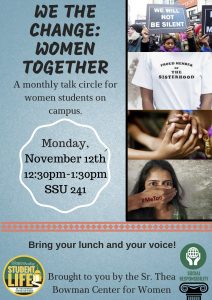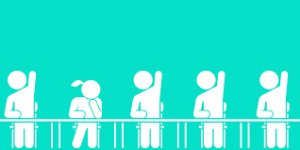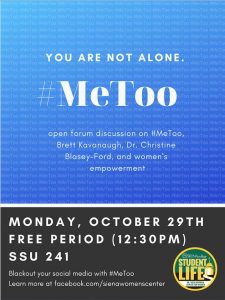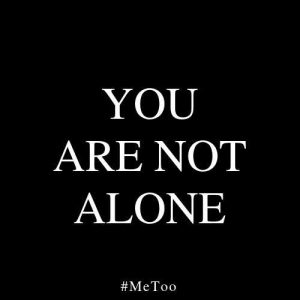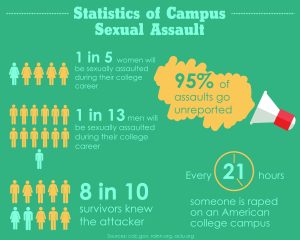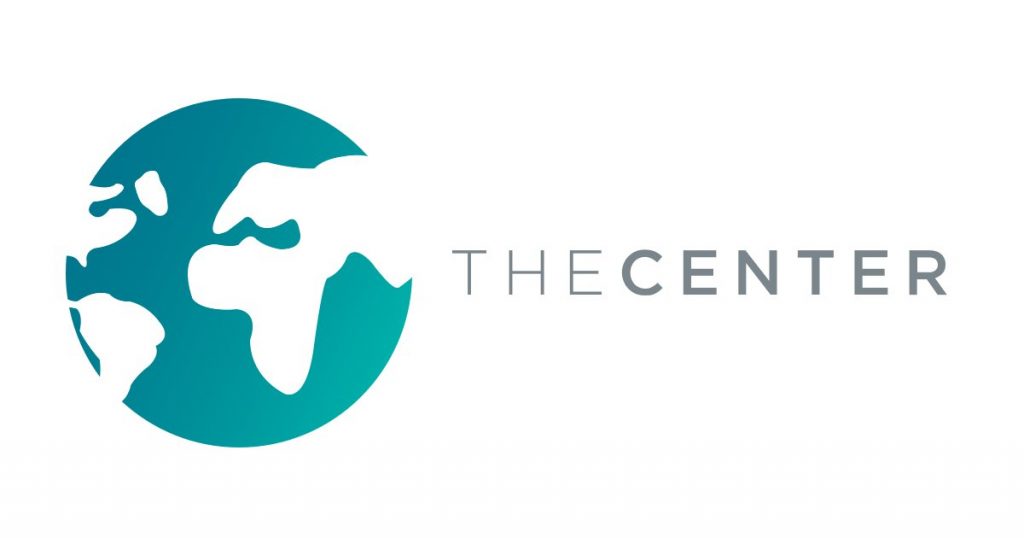
Last Friday, students and faculty gathered for a Cultural Awareness Presentation on “Understanding Refugee and Immigrant Students” on campus. The event featured representatives from “The Center”, a non-profit organization that offers resettlement resources to refugees in Utica, New York (aka my hometown and home of the world’s best pizza). Focal points on the discussion included an overview of how The Center supports refugees in their transition to a new culture, a real-life account of the relocation process, and how we as the American public can support refugees as they become part of our communities.
Shana Pughe Dean, a translation and training manager from The Center, opened the discussion with the mission of the organization. “Our goal is to lead and build a community with many cultures, or our signature tagline is ‘many cultures one community’” she expressed. Pughe Dean explained that The Center, in its 41 years as a formal establishment, has examined what support systems refugees need outside of the core elements of relocating. “We offer interpreting, translation services, immigration and citizen assistance, we have employment opportunities, and also a traffic safety program.” Half of the staff at The Center are former refugees that came through the programs offered by the organization. Pughe Dead stated that her staff “understand the experience, but have also shown what it means to be willing to open your doors to people from other places.” The discussion emphasized how challenging the refugee experience can be, yet how positively refugees impact their communities and others going through the relocation process.
Following Shana Pughe Dean was Nan Han, a medical interpreter, college student, and former refugee from Burma. As a young child, Nan’s family fled from political persecution and lived in a refugee camp for 4 years. “Refugee camp was no joke, it was terrible. I don’t want anyone to have to stay there for the rest of their lives” she remarked. After years of waiting, Nan’s family was finally approved to start their new life in the city of Utica. As a non-English speaking elementary student from a family unaware of how to navigate the American education system, Nan was subject to bullying early on. She struggled to accumulate the to American culture. However, with aid from The Center and kindness from her some of peers, Nan was able to overcome adversity and helps other refugees today.
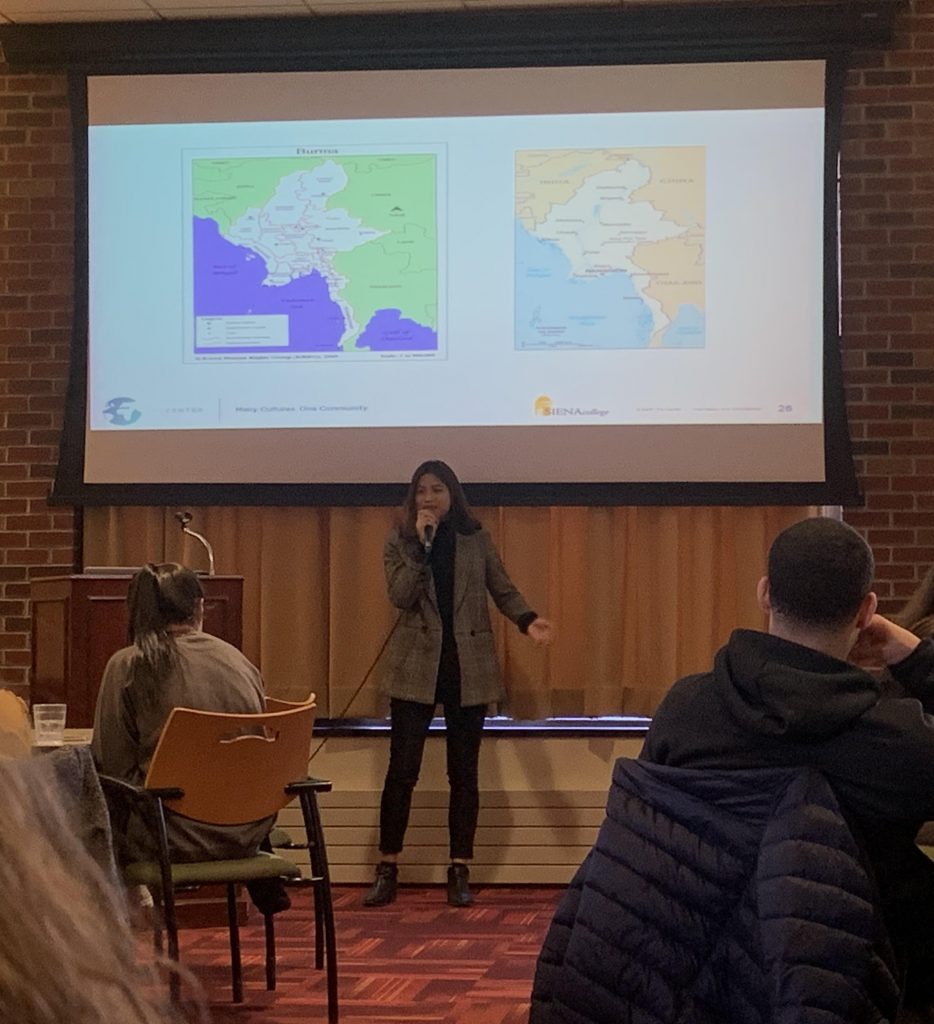
Nan expressed that she and her family never wanted to be refugees and that they were forced into relocating. The hardships that she endured in having to learn a new language, culture, and way of life took years to overcome. She emphasized that when the community embraces refugees, it makes the massive transition much easier. When asked how people can act as advocates for refugees in their daily lives, Nan responded that we need to “just be kind”.
The Cultural Awareness Presentation on “Understanding Refugee and Immigrant Students” was sponsored by First-Year Seminar, the Education Department, International Programs, the Franciscan Center, the Women’s Center, and the Damietta Center. If you want to learn more about the resources offered by The Center in Utica, be sure to visit their website. As always, follow our social media pages @sienaliberalarts to stay up-to-date on other events happening on campus!
